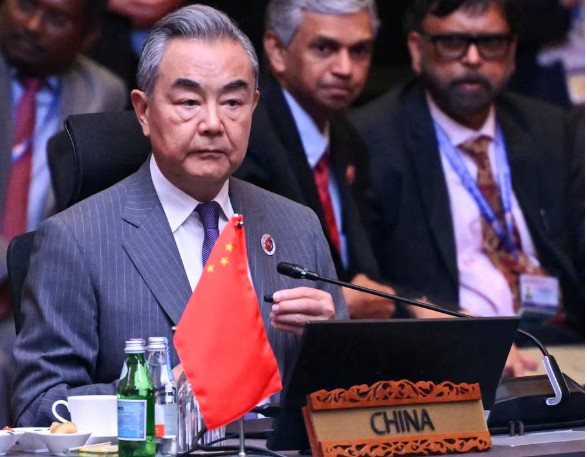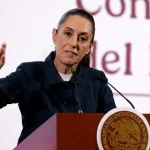In a bid to thaw strained ties with India, Chinese Foreign Minister Wang Yi urged New Delhi to adopt a “correct strategic understanding” of bilateral relations during a high-profile visit. Speaking with his Indian counterpart S. Jaishankar, Wang emphasized that China is ready to uphold a relationship founded on cordiality and mutual benefit, and that the two nations should regard each other as partners, not rivals.
Broader Context: Diplomatic and Economic Engagements
-
High-Level Diplomacy in Motion: Wang’s visit marks renewed momentum in rebuilding relations after years of border tensions. The discussions also paved the way for Indian Prime Minister Narendra Modi’s upcoming visit to China, which would be his first in seven years.
-
Focus Areas for Cooperation: Talks included trade liberalization, easing export restrictions, data sharing on border rivers, revival of direct flights, and enhanced people-to-people exchanges.
-
De-escalation Emphasized: Indian Foreign Minister Jaishankar underscored the need for a candid and constructive approach to build mutual trust and prevent differences from spiraling into conflict.
Analysis: What This Means for the Region
This diplomatic outreach signifies a significant reset in China–India relations. After a prolonged stand-off that began with their 2020 border clash, both countries appear committed to restoring stability and cooperation. As Jaishankar put it, “having seen a difficult period… our two nations now seek to move ahead.”
Driving the shift is partially a reaction to the shifting geopolitical landscape, notably U.S. pressure in the region. Trump’s high tariffs on India and trade tensions with both countries may have pushed New Delhi and Beijing closer, exploring shared economic interests and regional influence.



